23 surprising superfoods you should be eating
Lovefood Team
23 February 2017
Alternative food heroes

Shutterstock
Forget quinoa and kale, we reveal some far more ordinary superfoods you should be eating more of.
Eggplants/Aubergine
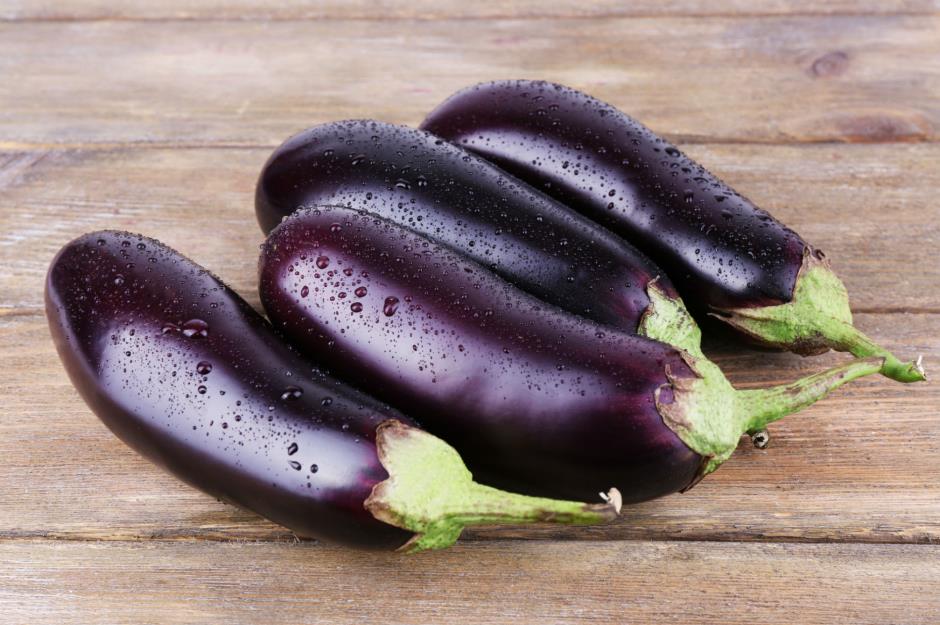
Shutterstock.com
Chef Yotam Ottolenghi champions eggplants as the newest superfood – avocados are so last year. The purple vegetable is a staple of a Mediterranean diet, which research says is better for heart health than statins. Eggplants are also packed with antioxidants, vitamins, minerals and aren't high in fat.
Watermelon seeds
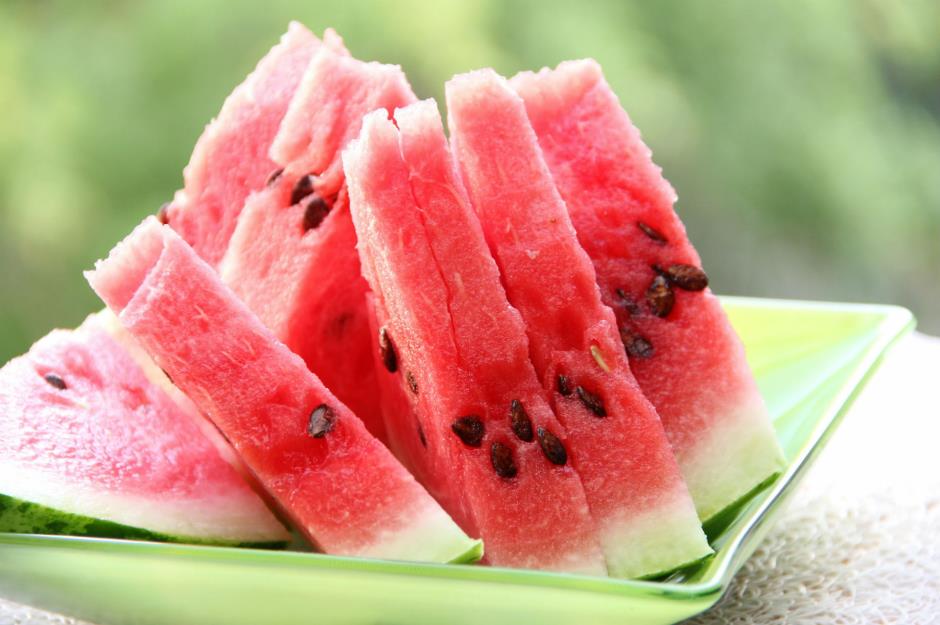
Gamzova Olga/Shutterstock
Watermelon seeds are packed with protein, vitamin B and magnesium – all things we need for a healthy diet.
Black Pudding
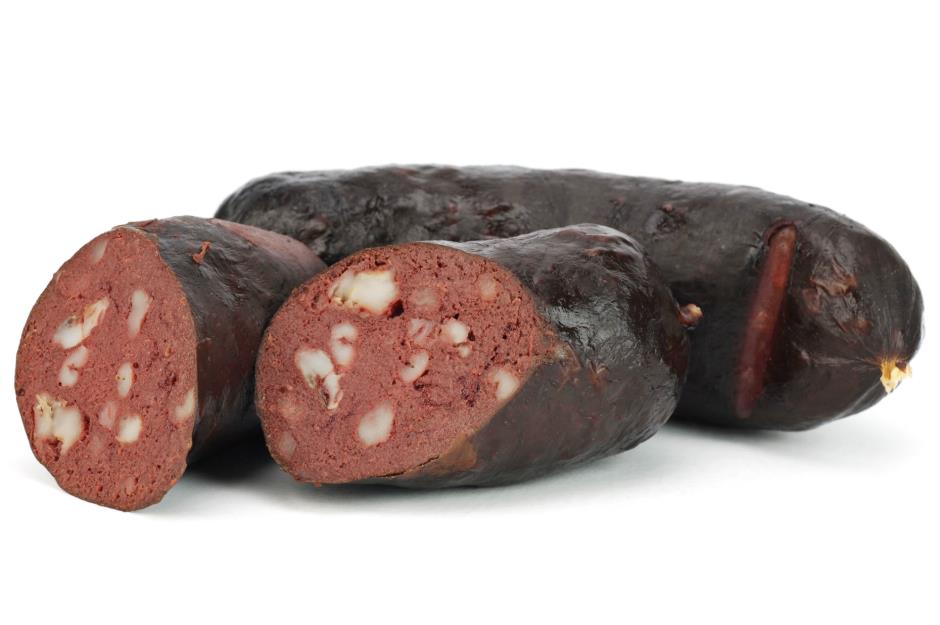
Shutterstock.com
Black pudding, also known as blood sausage, is a breakfast favorite in the UK. The sausage is made up of oatmeal and, you guessed it, blood from particular pigs. Yet it’s low-carb, packed with protein and rich in iron, potassium, magnesium and zinc.
Seaweed
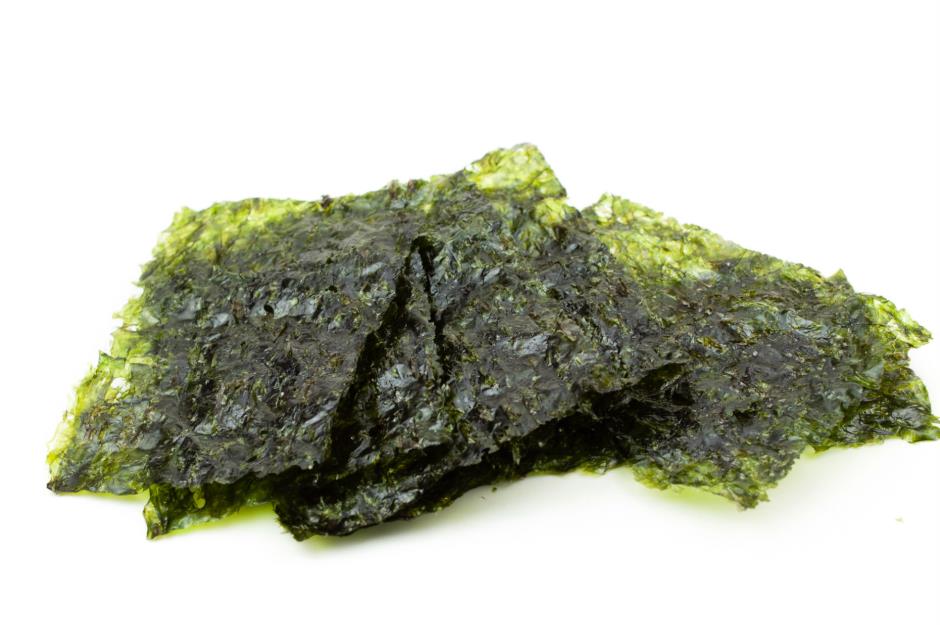
Shutterstock.com
Sushi has long been thought of as a healthy alternative to fast food – but the real health benefit comes from seaweed. It contains more Vitamin C than an orange and stacks of calcium. It also has anti-viral and anti-inflammatory properties. Now that’s a hard-working food.
Charcoal
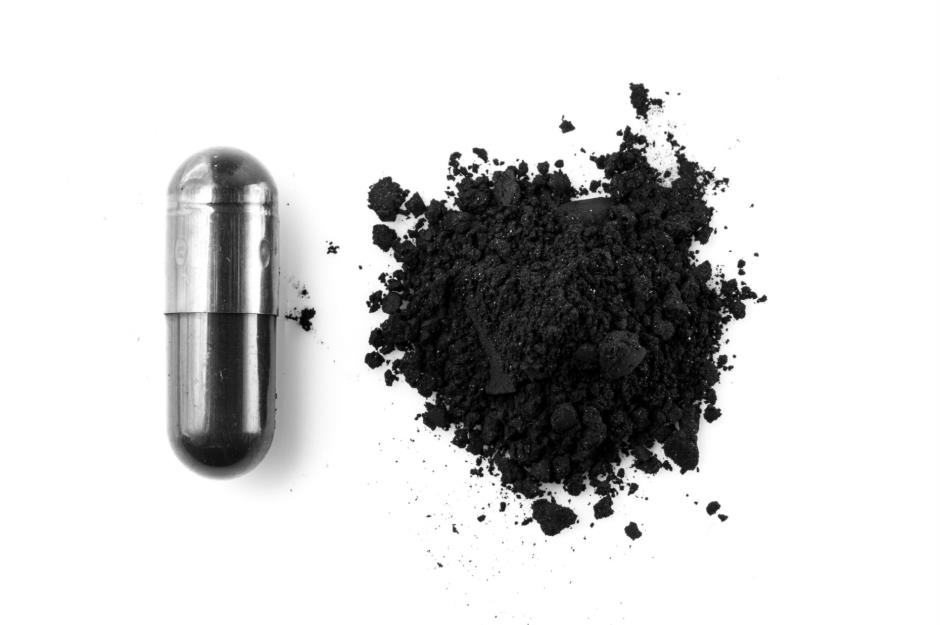
Shutterstock.com
No it’s not just something you light your BBQ with. In fact, charcoal is fast becoming the go-to ingredient for the health conscious. Whether it’s in pill form or mixed into a smoothie, activated charcoal is said to absorb and remove bad toxins, whiten teeth and clear skin.
Kohlrabi
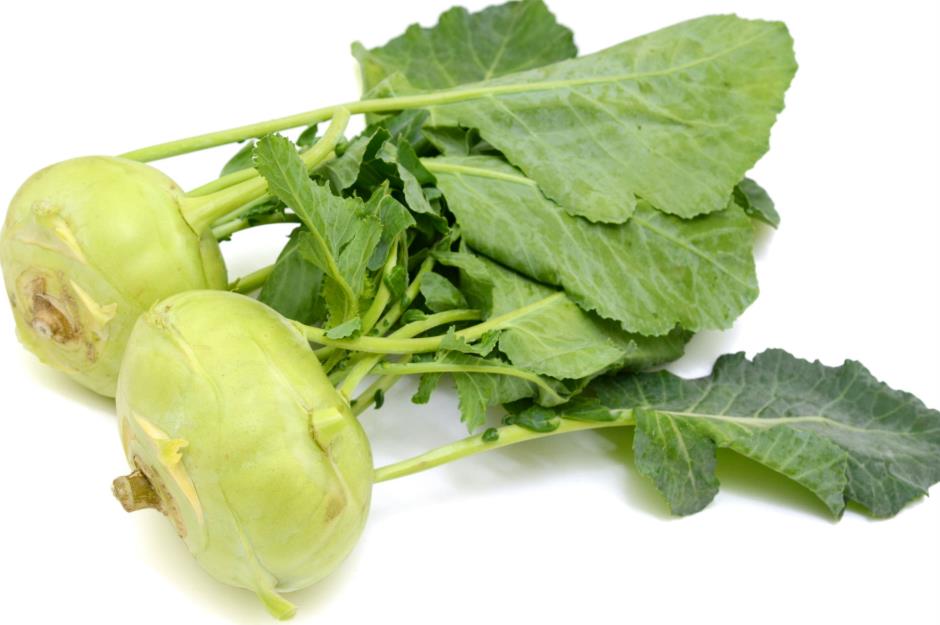
Shutterstock.com
This veggie is great for your teeth and gums and generally boosts your immunity thanks to its high levels of Vitamin C.
Tree water

Shutterstock.com
Coconut water is so last year. Tree water, also known as birch water, is the new ‘it’ drink but can only be harvested during certain points in the spring, when nutrient-rich sap travels up from the roots of the tree to its branches. It’s said to have diuretic properties, helping to out flush toxins and contains saponin, which is shown to control cholesterol levels.
Mushrooms
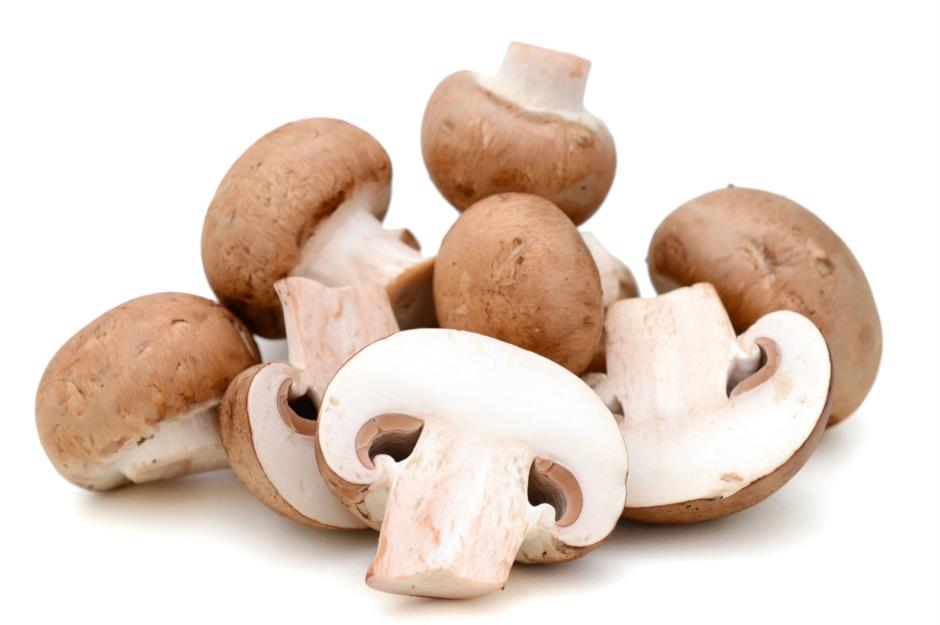
Shutterstock.com
This humble vegetable is often just used as a filler in stir-fries or pastas but it’s actually loaded with health-boosting qualities. Fungi contain powerful natural medicines including anti-inflammatory, antibacterial and antiviral properties. They’re also full of immune-boosting antioxidants, potassium and Vitamin B.
Wasabi
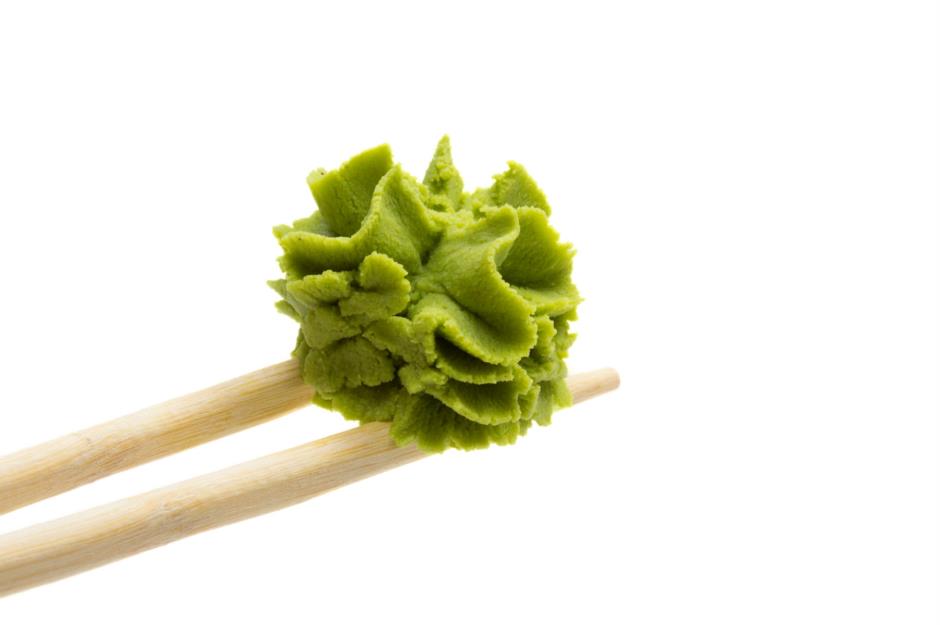
Shutterstock.com
Often eaten with sushi, 'Japanese horseradish' is said to help prevent ulcers, tooth decay, blood clots and asthma. Naturally antibacterial, studies have found it promotes liver health when eaten with broccoli and cabbage. And surprisingly, despite being super-hot, it’s also a great anti-inflammatory.
Black rice
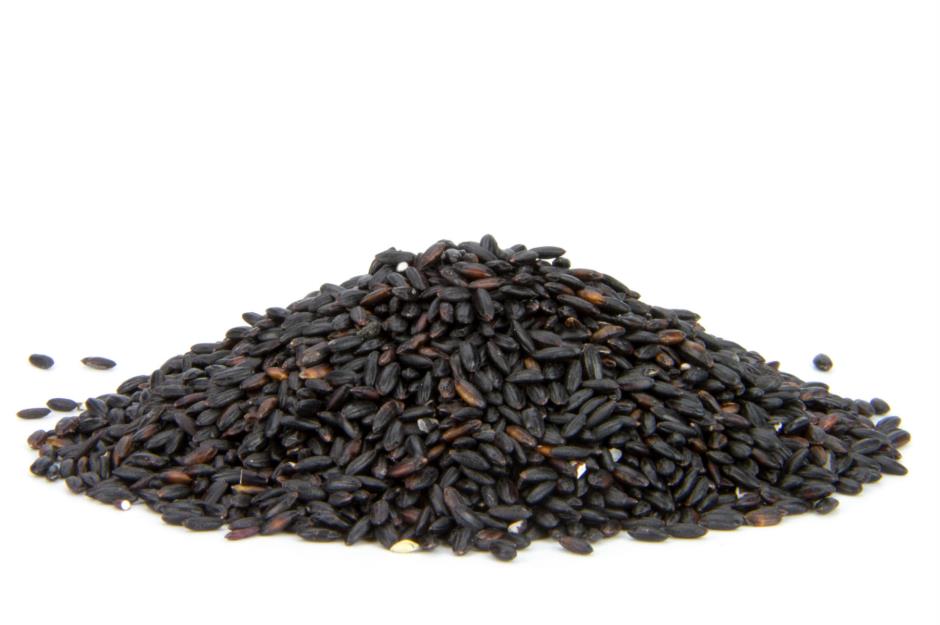
Shutterstock.com
Dubbed the new quinoa, black rice turns purple when cooked. According to scientists at Louisiana State University, one spoonful of black rice contains more cancer-fighting anthocyanin antioxidants than a spoonful of blueberries – but with less sugar and more vitamins B and E.
Pumpkin
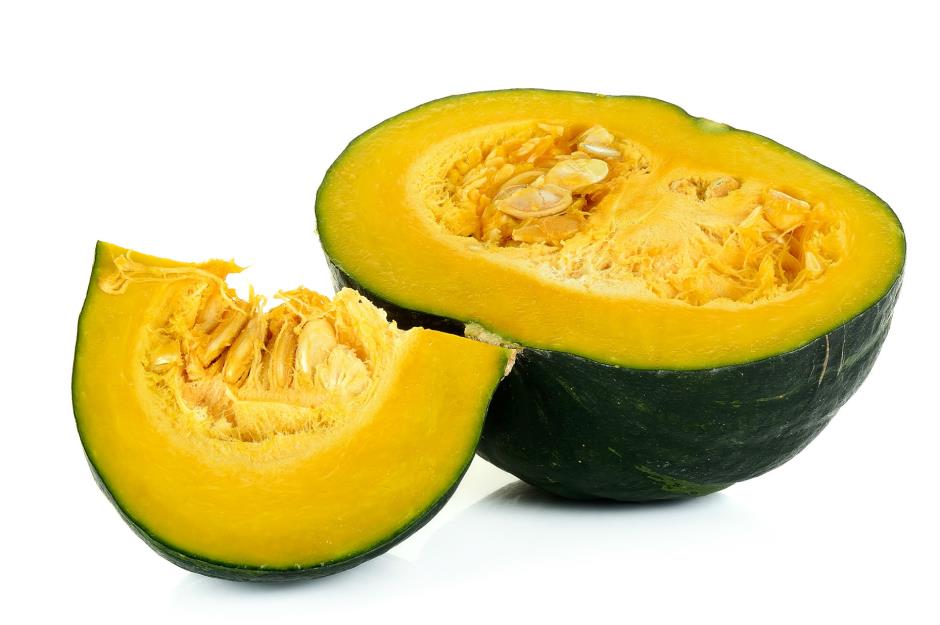
Shutterstock.com
Essential in every good roast, pumpkin is super nutritious. It’s packed with carotenoids, a defense against cell damage, as well as lutein and zeaxanthin which help prevent cataracts and loss of vision.
Chocolate
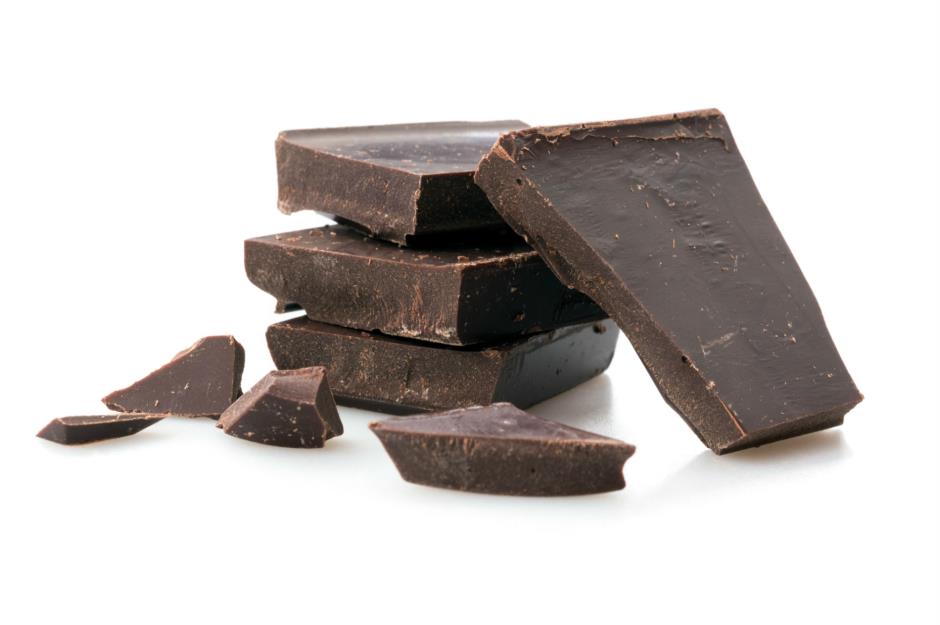
Shutterstock.com
Super tasty, super sweet and surprisingly a superfood. That’s right, everyone’s favorite treat is actually good for you. Well so long as you eat the right kind! The real hero is the cacao nut, which is packed with omega-3 fatty acids, magnesium, iron and phenylethylamine. To benefit from all that goodness, you’ll need to choose a chocolate variety that is more than 70% cacao.
Peanuts
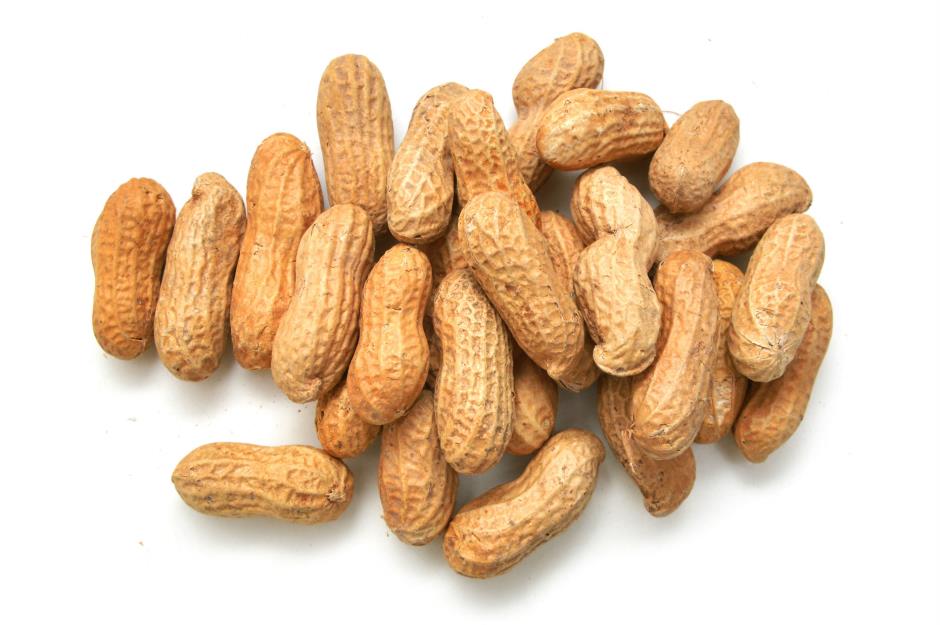
Shutterstock.com]
A Harvard University study found that women who ate at least five servings [a single serve is 1 ounce] of nuts per week had a 44% reduced risk of heart disease compared to women who didn’t. So you can go nuts for this superfood. of nuts per week had a 44% reduced risk of heart disease compared to women who didn’t. So you can go nuts for this superfood.
Black tea
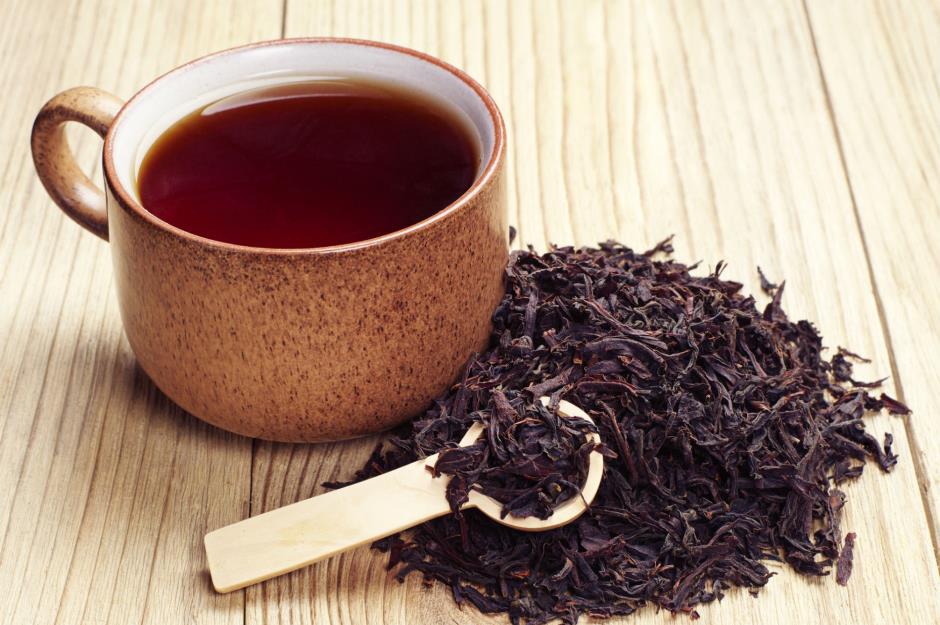
Shutterstock.com
While many of us reach for green tea when we’re trying to be healthy, it’s actually black tea that has all the good stuff. It’s loaded with theaflavins and thearubigens, which have been known to lower cholesterol and the risk of dementia.
Marmalade
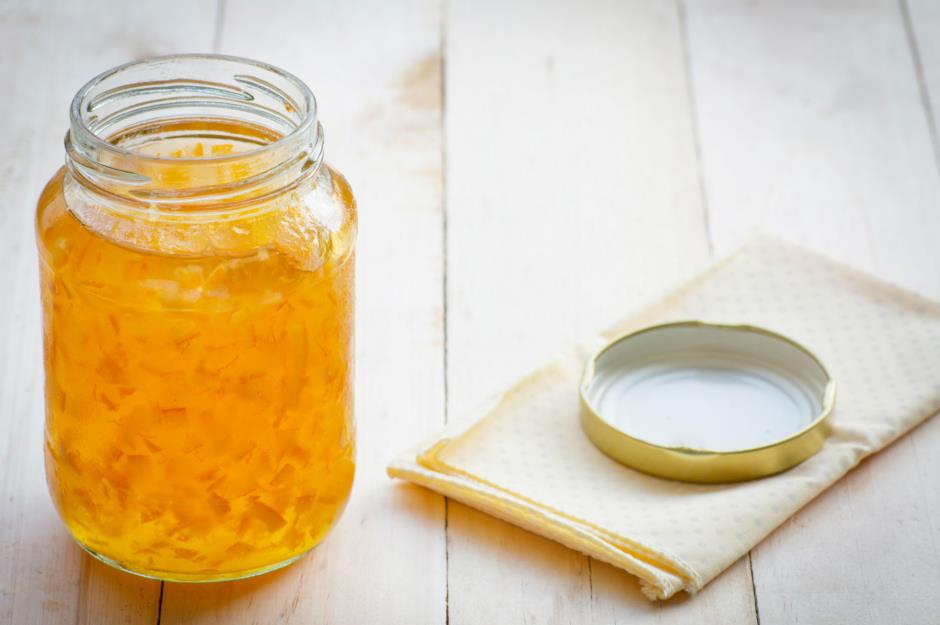
Shutterstock.com
Slathering this tasty preserve on your toast in the morning is actually good for you. Antioxidants in the orange peel help lower cholesterol levels, while the active ingredient pectin is found to relieve constipation and ease a sore throat.
Popcorn
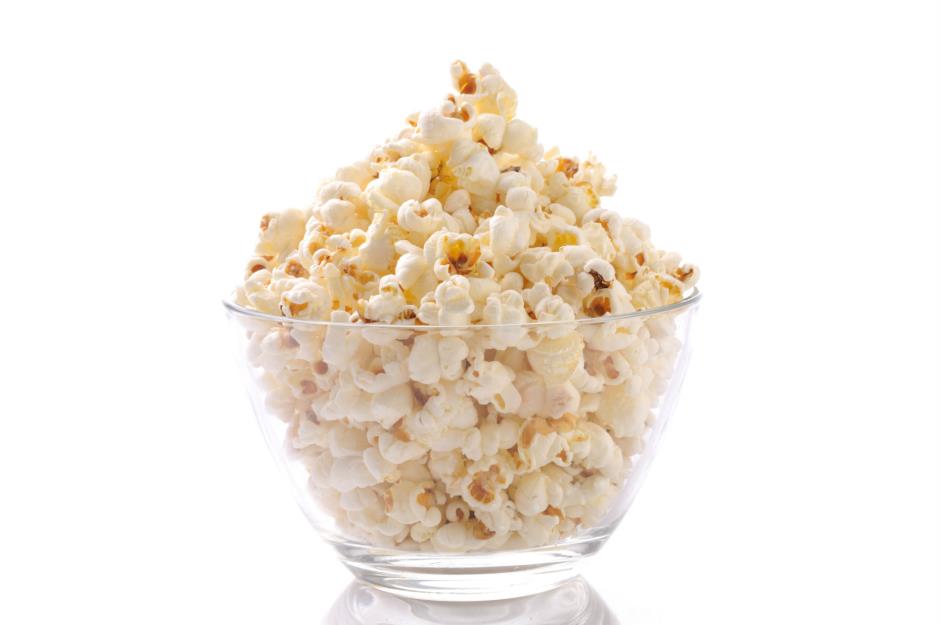
Shutterstock.com
Turns out the go-to movie snack is actually good for you. Minus the salt and butter of course. A study from the University of Scranton suggested plain popcorn has a higher level of concentrated antioxidants than fruit and vegetables, with one serving of popcorn possessing up to 300mg of antioxidants, nearly double the 160mg found in fruit.
Tomato paste
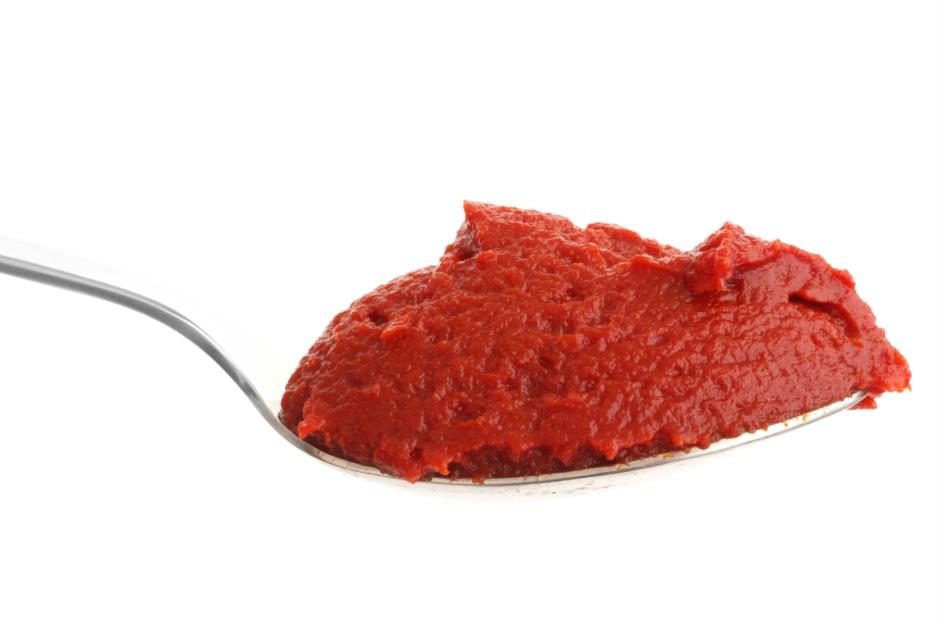
Shutterstock.com
A no or low-salt variety of tomato paste has a very high concentration of lycopene, a phytochemical that acts as a natural blood thinner and a strong defense against prostate cancer.
Cheddar
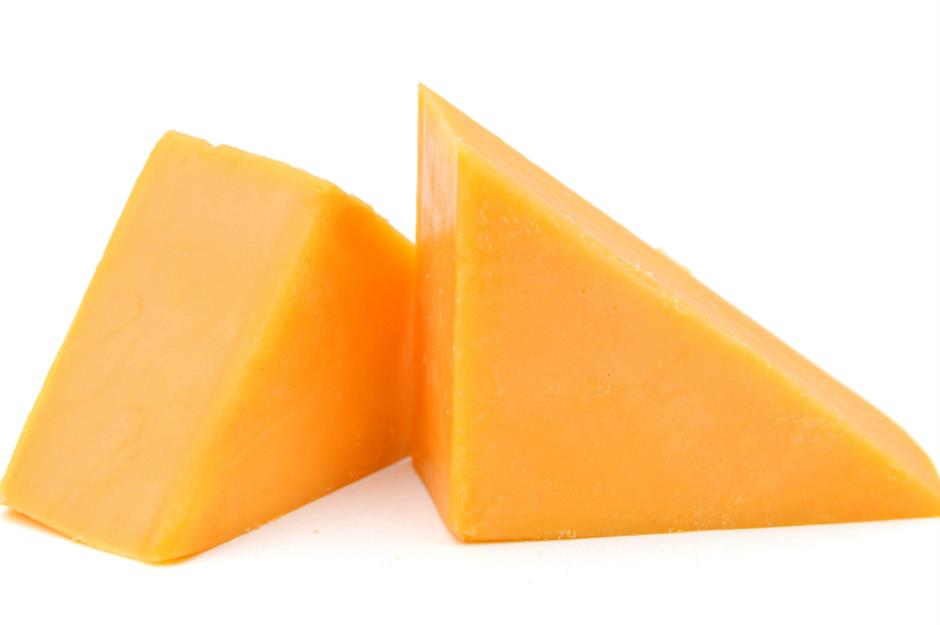
Shutterstock.com
If you enjoy this tasty cheese in moderation you’ll benefit from its high calcium content. Just a 10-gram chunk is as good for your teeth and bones as a glass of milk.
Coffee

Shutterstock.com
The only reason most of us can get out of bed every morning is actually a superfood. Seriously! A recent study from Harvard University revealed that drinking three cups of coffee a day could help you live longer. It can also lower the chance of heart disease. Just go easy on the cream and sugar.
Oysters
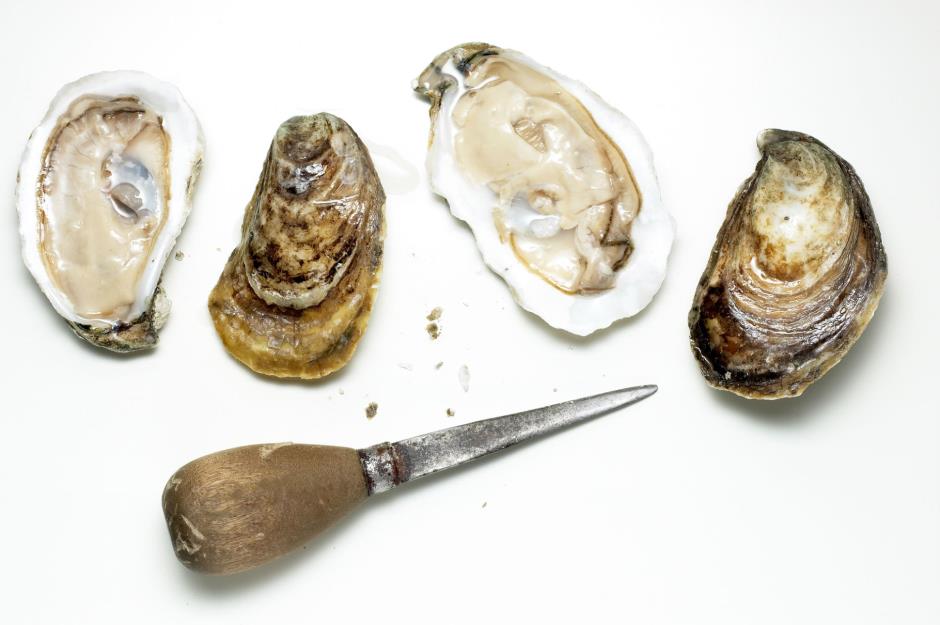
Shutterstock.com
A great excuse to add more oysters to your diet, these tasty morsels are full of zinc. In fact, six medium oysters supply 33mg – which is four days’ worth for women and three days’ worth for men, so get shucking.
Beef liver
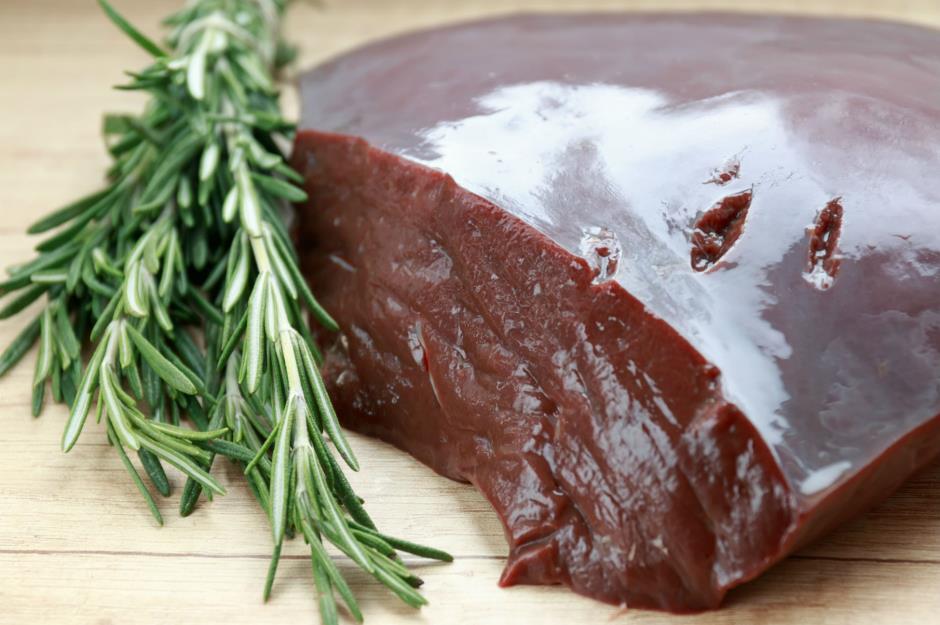
Shutterstock.com
Liver contains more vitamins and minerals than almost any fruit or vegetable. A 100-gram serving of beef liver contains seven times your recommended daily allowance of copper and over 12 times your recommended dose of vitamin B12. It’s also loaded with calcium, potassium and phosphorus.
Sauerkraut
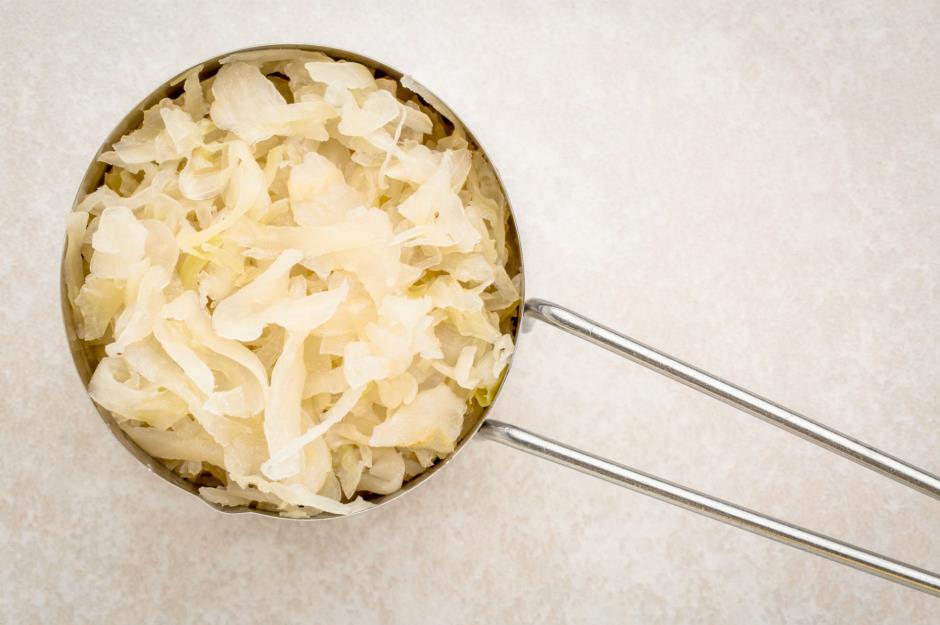
Shutterstock.com
The flavorsome fermented cabbage contains natural isothiocyanate compounds which have cancer-fighting properties. And if you stick to the unpasteurized kind, you’ll also get the added benefit of lactobacillus, or good bacteria, which is good for the intestinal tract, aids digestion and helps the immune system.
Honey
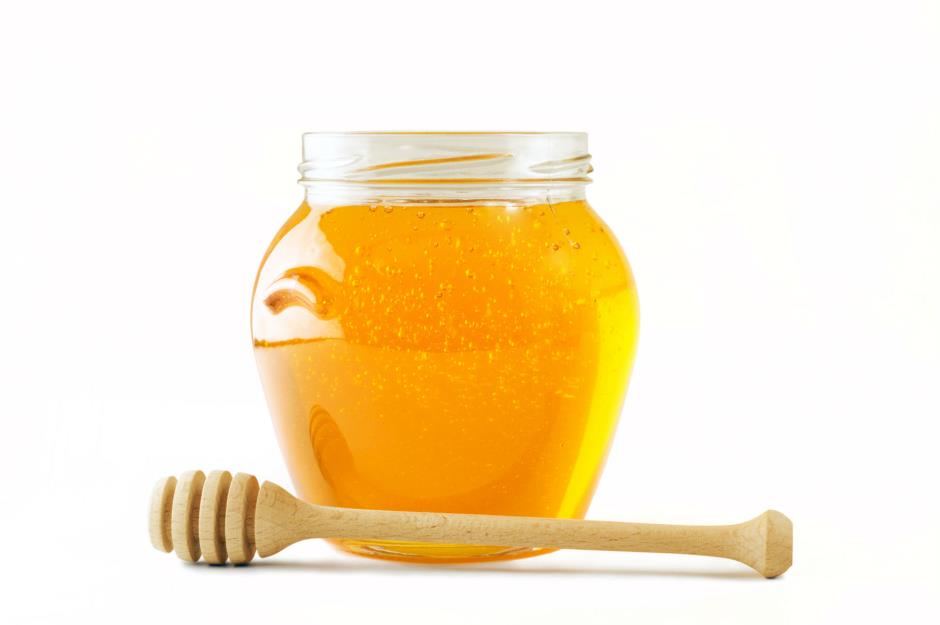
Shutterstock.com
Research presented at the National Meeting of the American Chemical Society found that honey is great at fighting infections in multiple ways. It’s loaded with polyphenols, hydrogen peroxide and a natural acidity, all which protect the body from bacteria and actively target and destroy bad bacterial cells.
Comments
Be the first to comment
Do you want to comment on this article? You need to be signed in for this feature
Most Popular
Reviews 31 unbelievably sugary cereals from around the world